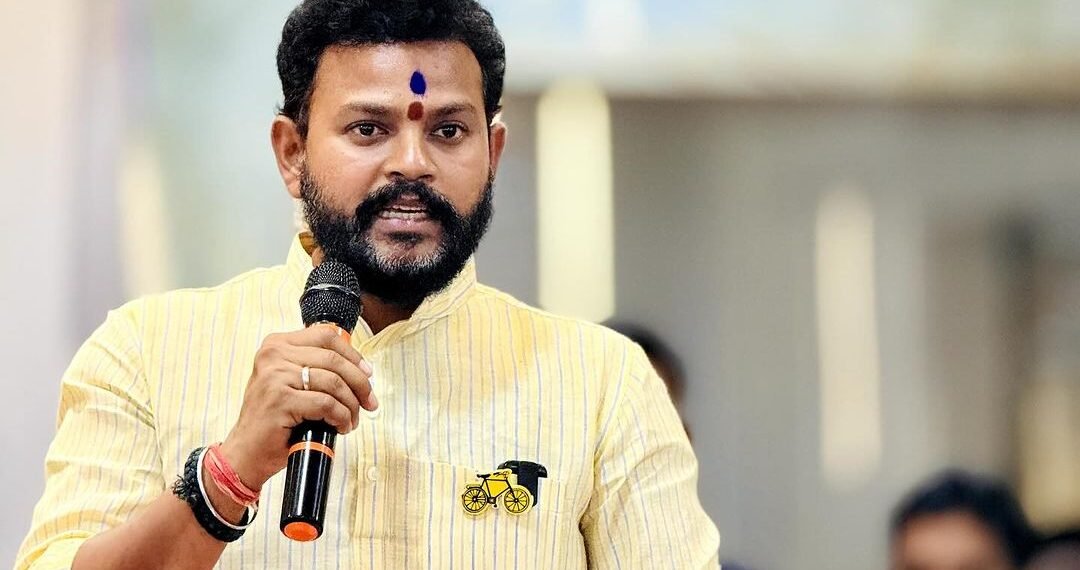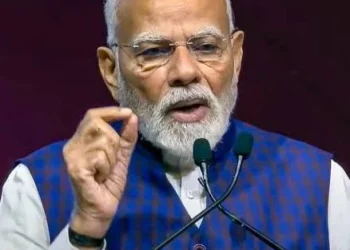In a significant move to strengthen the domestic Maintenance, Repair, and Overhaul (MRO) industry, Civil Aviation Minister Kinjarapu Ram Mohan Naidu announced in the Lok Sabha on Thursday that the government has implemented several measures to facilitate the establishment of aircraft MRO services in India. The Minister highlighted that the total business value of the MRO sector is expected to grow from the current $2 billion to $4 billion over the next seven years.
During the Question Hour, Naidu emphasized that a uniform Goods and Services Tax (GST) rate of 5 percent has been applied to aircraft parts, components, testing equipment, tools, and toolkits, giving a major boost to the domestic MRO industry and the aviation sector. “The MRO industry in the country is expected to go up to $4 billion in seven years from the present $2 billion,” he stated.
Government Pledges Full Support for MRO Facilities Amid Aviation Sector Boom
Naidu assured that the Centre is prepared to provide all necessary assistance to those interested in establishing MRO facilities with airstrips or airports anywhere in India. The Minister lauded the massive transformation and growth of the country’s aviation industry over the past decade under Prime Minister Narendra Modi’s government, noting that domestic airlines have placed orders for more than 1,100 aircraft.
Also Read: 1 dead, 6 injured after roof at Terminal 1 of Delhi airport collapses
“We want to create MRO facilities for both domestic and international airlines. For this, work is in progress,” Naidu added. According to data from the Union Civil Aviation Ministry, the government has introduced various policy, regulatory, and other incentives to support the establishment of aircraft MRO services in India.
Key steps taken by the government include extending the period for exporting goods imported for repairs from six months to one year, and extending the time limit for re-importing goods for repairs under warranty from three to five years. New MRO guidelines announced on September 1, 2021, promise land allotments for MROs at Airports Authority of India-operated airports.
GST Cuts and FDI Boost Propel India’s MRO Industry Towards Global Competitiveness
Additionally, the GST on MRO services has been reduced from 18 percent to 5 percent with full input tax credit since April 1, 2020. Transactions sub-contracted by foreign original equipment manufacturers (OEMs) or MROs to domestic MROs are treated as “exports” with zero-rated GST from April 1, 2020. The government has also exempted customs duty on tools and toolkits and simplified the clearance processing of parts. Furthermore, 100 percent foreign direct investment via the automatic route is now allowed for MROs.
These initiatives are expected to significantly enhance India’s capability to provide comprehensive MRO services, reducing dependence on foreign facilities and positioning India as a competitive player in the global MRO market. With the anticipated growth, the domestic MRO sector is set to create numerous job opportunities and contribute substantially to the country’s economy.














